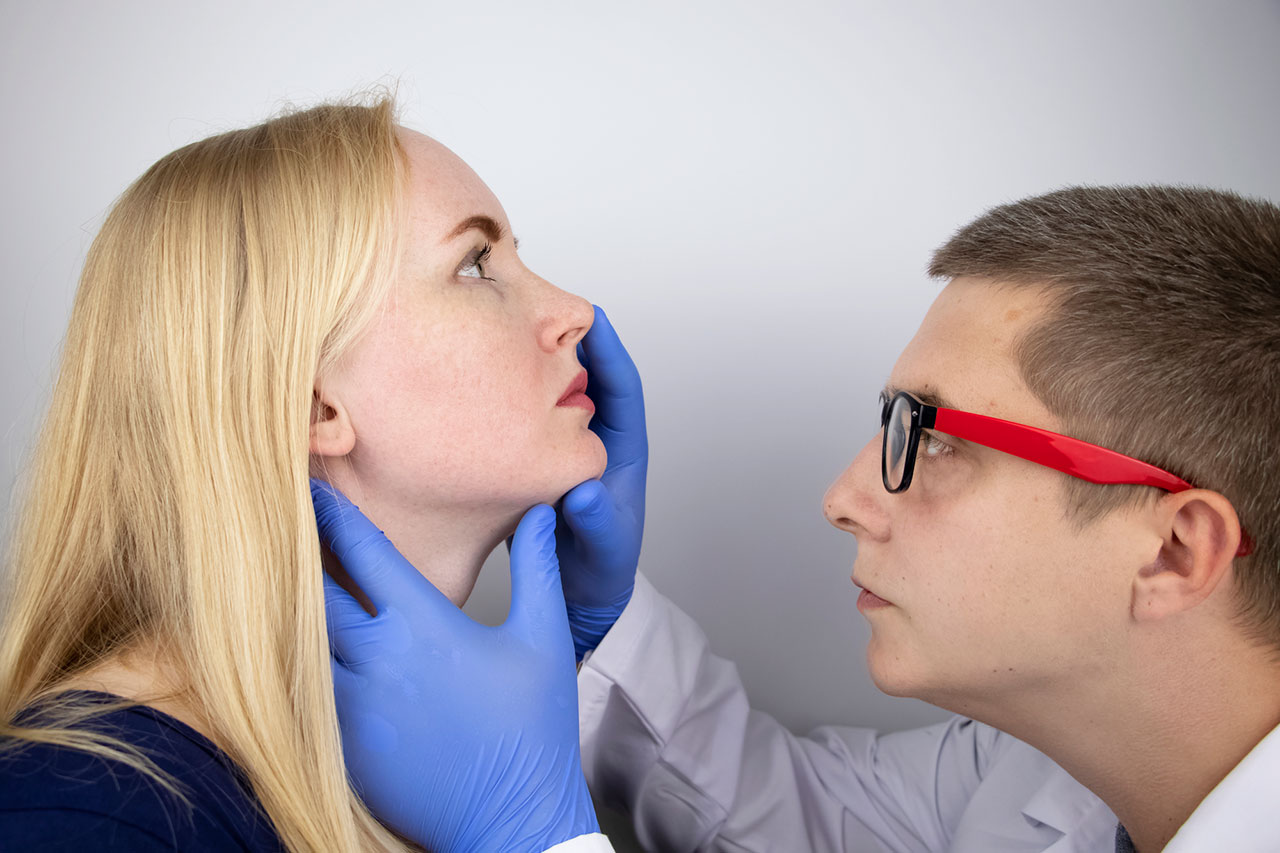What Are Nasal Polyps?

By Stephen Chandler, MD | 7 April 2022 |
Nasal polyps are soft, non-cancerous growths that grow in your sinuses or nasal passages. Although some nasal polyps have no side effects, others can lead to breathing problems, infections, and other serious side effects.
Although scientists do not fully understand nasal polyps, there are things you can do to treat your nasal polyps and prevent them from coming back.
Nasal Polyps Explained
Nasal polyps look like teardrops that hang down from your sinuses or nasal passages. They are often soft and painless. Although it is not completely clear why they develop, they often result from chronic inflammation and are most often associated with asthma, infections, allergies, and immune disorders.
Individuals with asthma, fungal sinusitis, cystic fibrosis, Churg-Strauss syndrome, vitamin D deficiency, and aspirin sensitivity are most likely to develop nasal polyps, although anyone can develop them due to allergies or infections.
Symptoms
It can be difficult to know when nasal polyps first appear. Small nasal polyps often have no symptoms at all. It isn’t until you have larger polyps or groups of polyps that you can notice side effects. Whenever nasal polyps get large, they can result in breathing problems and a diminished sense of smell.
Oftentimes, small nasal polyps are accompanied by frequent sinus infections. If your sinus infection is accompanied by a runny nose, postnasal drip, persistent stuffiness, decreased sense of smell, facial pain, and snoring, sinus polyps may be present and contributing to the infection.
Treatments
Successful nasal polyp management usually requires combined modality therapy. If the polyps are accompanied by chronic sinusitis, the sinusitis will be treated first. After the sinusitis is treated, nasal corticosteroids, oral corticosteroids, and injectable corticosteroids will be used to try to shrink the polyps. In more severe cases, nasal implants may be used to temporarily shrink the polyps. Endoscopic surgery is a very effective and safe procedure to not only remove the obstructing disease, but also provides tissue for more precise pathologic disease diagnosis.
Prevent Nasal Polyps
Whether you have experienced nasal polyps in the past or simply want to avoid them, there are things you can do to prevent nasal polyps from developing.
Manage Allergies and Asthma
Managing your allergies and asthma are some of the best ways to prevent nasal polyps. Accurate and effective treatment might require a specific allergy profile and allergy desensitization. Consider adding a humidifier to your bedroom environment. Supplemental moisture will help symptoms associated with your allergies and asthma, but it will also help prevent crust and debris accumulation within breathing passages.
Avoid Irritants
Avoid nasal irritants when you can. This includes strong artificial fragrances, as well as harmful chemical fumes, tobacco smoke, and dust.
Nasal Rinse
Your nose and nasal lining help to warm and humidify respired air; it also acts like a filter to remove airborne particles and debris. The use of a high-volume, low-pressure sinus rinse helps to decrease the contact time of the irritant debris and your sensitive nasal lining. Sinus rinse supplemented with medication is often used post-operatively to help fight future nasal polyp growth. A traditional nasal rinse will use a saline solution to rinse out your nasal passages, which will help to remove allergens and irritants and improve nasal passage airflow.
Try Complete Rinse
If you are interested in fighting nasal polyps with a nasal rinse, try Complete Rinse with Sinus DirecTip. The Complete Rinse System offers an innovative way to direct medicated sinus rinse into hard-to-reach paranasal sinus cavities. By using Complete Rinse, you can fight nasal polyps, all while naturally improving the health of your nasal passages